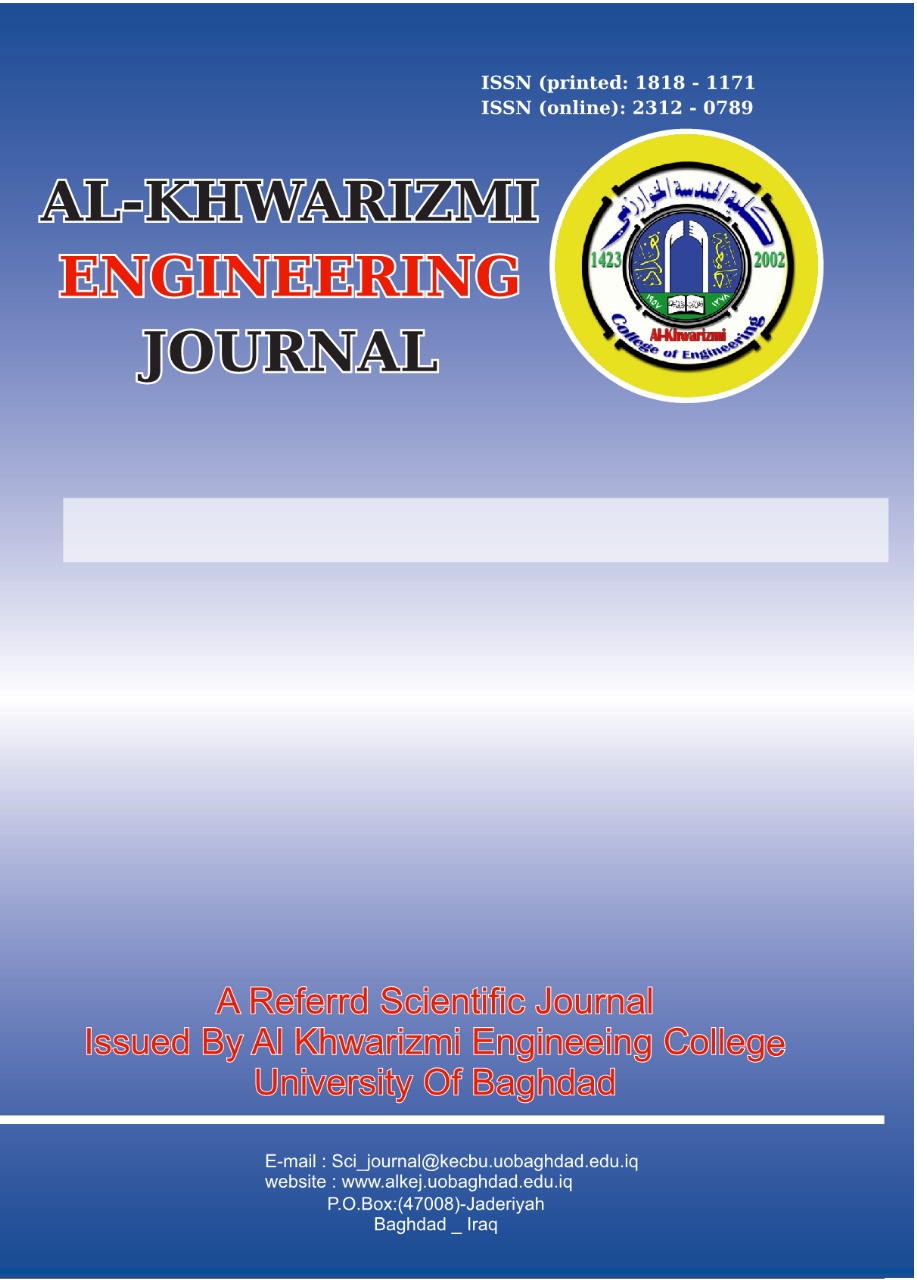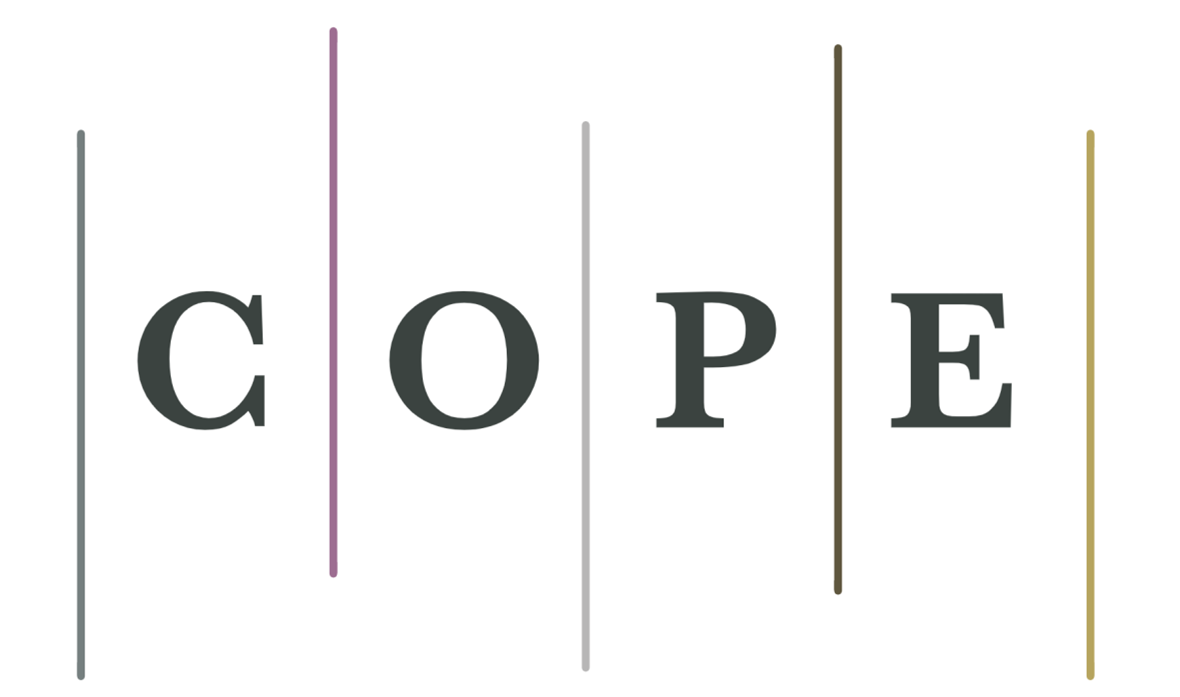Secure Seaport Management System using Blockchain Technology
DOI:
https://doi.org/10.22153/kej.2023.08.001Abstract
Worldwide, shipping documents are still primarily created and handled in the traditional paper manner. Processes taking place in shipping ports as a result are time-consuming and heavily dependent on paper. Shipping documents are particularly susceptible to paperwork fraud because they involve numerous parties with competing interests. With the aid of smart contracts, a distributed, shared, and append-only ledger provided by blockchain technology allows for the addition of new records. In order to increase maritime transport and port efficiency and promote economic development, this paper examines current maritime sector developments in Iraq and offers a paradigm to secure the management system based on a hyper-ledger fabric blockchain platform. The performance evaluation of the proposed system implies two scenarios: one organization and two organizations by examining throughput and latency. High transaction transmission rates on large block sizes produced positive results. Similarly, employing a small block size and higher send rates results in poor performance. Additionally, it was noted that throughput will decrease and latency will rise as the number of organizations increases. Block size and block timeouts should be high in applications with many concurrent transactions in order to maintain good throughput.
Downloads
References
Othman, A., El Gazzar, S.,Knez, M.” Investigating the Influences of Smart Port Practices and Technology Employment on Port Sustainable Performance: The Egypt Case.” Sustainability 2022, 14, 14014. https://doi.org/10.3390/su142114014
S. Tsiulin, K. H. Reinau and N. Goryaev, "Conceptual Comparison of Port Commmunity System and Blockchain Scenario for Maritime Document Handling," 2020 Global Smart Industry Conference (GloSIC), 2020, pp. 66-71, doi: 10.1109/GloSIC50886.2020.9267847.
Zeeshan Raza, Johan Woxenius, Ceren Altuntas Vural, Mikael Lind, Digital transformation of maritime logistics: Exploring trends in the liner shipping segment, Computers in Industry, Volume 145, 2023, 103811, ISSN 0166-3615, https://doi.org/10.1016/j.compind.2022.103811.
C. A. Durán, C. Fernández-Campusano, R. Carrasco, M. Vargas and A. Navarrete, "Boosting the Decision-Making in Smart Ports by Using Blockchain," in IEEE Access, vol. 9, pp. 128055-128068, 2021, doi: 10.1109/ACCESS.2021.3112899.
A. Banik, D. R. Tamore, U. S. Kasar and Y. S. Sankhe, "Licensing System for Sea Fearers using Blockchain Technology," 2023 2nd International Conference on Applied Artificial Intelligence and Computing (ICAAIC), Salem, India, 2023, pp. 1229-1233, doi: 10.1109/ICAAIC56838.2023.10141139.
S. P S and L. K V, "Blockchain based Smart Contracts in Automation of Shipping Ports," 2021 6th International Conference on Inventive Computation Technologies (ICICT), 2021, pp. 1248-1253, doi: 10.1109/ICICT50816.2021.9358634.
Ricardo Henríquez, F. Xavier Martínez de Osés, Jesús E. Martínez Marín, Technological drivers of seaports' business model innovation: An exploratory case study on the port of Barcelona, Research in Transportation Business & Management, Volume 43, 2022, 100803, ISSN 2210-5395, https://doi.org/10.1016/j.rtbm.2022.100803.
H. P. Coleman et al., "Enterprise Resilience and Sustainability for Operations of Maritime Container Ports," 2019 Systems and Information Engineering Design Symposium (SIEDS), 2019, pp. 1-6, doi: 10.1109/SIEDS.2019.8735630.
A. X. Halabi-Echeverry, H. L. Nino-Vergara, N. Obregon-Neira and S. M. N. Islam, "Blockchain for data sharing in the rational use of coastlines and seaport demands in inter-organizational networks: Development of a new intelligent decision support system," 2020 5th International Conference on Innovative Technologies in Intelligent Systems and Industrial Applications (CITISIA), 2020, pp. 1-5, doi: 10.1109/CITISIA50690.2020.9371837.
S. Bauk, "Maritime Blockchain Conceptual Framework and Blockshipping Application," 2022 11th Mediterranean Conference on Embedded Computing (MECO), 2022, pp. 1-6, doi: 10.1109/MECO55406.2022.9797082.
Saeed, S.H., Hadi, S.M., Hamad, A.H. (2022). Iraqi paradigm E-voting system based on hyper ledger fabric blockchain platform. Ingénierie des Systèmes d’Information, Vol. 27, No. 5, pp. 737-745. https://doi.org/10.18280/isi.270506
John Kanellopoulos,” D.1.1: Port of the future challenges, enablers and barriers”, Ref. Ares(2018)5956998 - 21/11/2018.
Simon Pearson, David May, Georgios Leontidis, Mark Swainson, Steve Brewer, Luc Bidaut, Jeremy G. Frey, Gerard Parr, Roger Maull, Andrea Zisman, "Are Distributed Ledger Technologies the panacea for food traceability", Global Food Security, Volume 20, 2019.
Mustain Billah And Sk. Tanzir Mehedi And Adnan Anwar, Ziaur Rahman, Rafiqul Islam, "A Systematic Literature Review on Blockchain Enabled Federated Learning Framework for Internet of Vehicles", Cryptology ePrint Archive, Paper 2022/356 ,2022.
Chen, Yi-Cheng, Yueh-Peng Chou, and Yung-Chen Chou. "An Image Authentication Scheme Using Merkle Tree Mechanisms" Future Internet 11, no. 7: 149, MDPI, 2019.
V. Agate, A. De Paola, P. Ferraro, G. Lo Re, and M. Morana, “SecureBallot: A secure open source e-Voting system,” J. Netw. Comput. Appl., vol. 191, Oct. 2021, doi: 10.1016/J.JNCA.2021.103165.
Y. Li et al., “A Blockchain-Based Self-Tallying Voting Protocol in Decentralized IoT,” IEEE Trans. Dependable Secur. Comput., vol. 19, no. 1, pp. 119–130, 2022, doi: 10.1109/TDSC.2020.2979856.
K. M. Khan, J. Arshad, and M. M. Khan, “Investigating performance constraints for blockchain based secure e-voting system,” Futur. Gener. Comput. Syst., vol. 105, pp. 13–26, Apr. 2020, doi: 10.1016/j.future.2019.11.005.
A. M. Al-madani, A. T. Gaikwad, V. Mahale, and Z. A. T. Ahmed, “Decentralized E-voting system based on Smart Contract by using Blockchain Technology,” 2020, Accessed: Sep. 16, 2021. [Online]. Available: https://ieeexplore.ieee.org/document/9299581/.
S. Chaisawat and C. Vorakulpipat, “Fault-Tolerant Architecture Design for Blockchain-Based Electronics Voting System,” in 2020 17th International Joint Conference on Computer Science and Software Engineering (JCSSE), 2020, pp. 116–121, doi: 10.1109/JCSSE49651.2020.9268264.
Downloads
Published
Issue
Section
License
Copyright: Open Access authors retain the copyrights of their papers, and all open access articles are distributed under the terms of the Creative Commons Attribution License, which permits unrestricted use, distribution, and reproduction in any medium, provided that the original work is properly cited. The use of general descriptive names, trade names, trademarks, and so forth in this publication, even if not specifically identified, does not imply that these names are not protected by the relevant laws and regulations. While the advice and information in this journal are believed to be true and accurate on the date of its going to press, neither the authors, the editors, nor the publisher can accept any legal responsibility for any errors or omissions that may be made. The publisher makes no warranty, express or implied, with respect to the material contained herein.
















